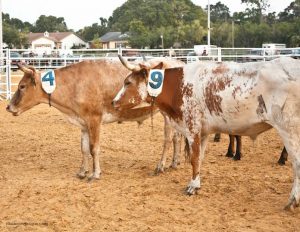In a move curiously reminiscent of Ag-gag laws, the government of British Columbia has moved to ban information on farm disease outbreaks. The new laws are in the Animal Health Act.
 Agriculture Minister Don McRae said that making information about diseases on British Columbia farms secret will better protect the public.
Agriculture Minister Don McRae said that making information about diseases on British Columbia farms secret will better protect the public.
The government said that “the changes would help prevent the spread of animal disease as well as improving the response to a potential outbreak.”
The government believes that farmers will hide disease outbreaks if they think this information will go out to the public, even going so far as to slaughter diseased animals and not report them to authorities. But Canada’s Freedom of Information and Protection of Privacy Act already covers that potential scenario.
In fact, the Act states in Section 6, “a person must not slaughter, destroy, or dispose of an animal or animal product or byproduct the person knows to be, or has reason to believe may be, affected by a notifiable or reportable disease.”
In the section in question, “Part 3 – Records and Information” Section 16, the Act states:
“…A person must refuse, despite the Freedom of Information and Protection of Privacy Act, to disclose the following:
- Information that would identify the person responsible for an animal or an animal product or byproduct
- Information that would identify an animal or an animal product that is located at or in a specific place
- Information that would reveal that a notifiable or reportable disease is or may be present in a specific place
If a citizen or a journalist hears of a disease outbreak on a farm and wants to talk about it or investigate it, that person would be breaking the law under the Act. Employees at the farm are also covered under this new law.
A piece by Ethan Baron we found at the non-profit organization Pacific Wild, which focuses on protecting biodiversity, states that “it is quite conceivable that the provincial government, in the event of a disease outbreak at a farm, would delay releasing a warning in order to protect the farm in question or the industry it’s part of.”




